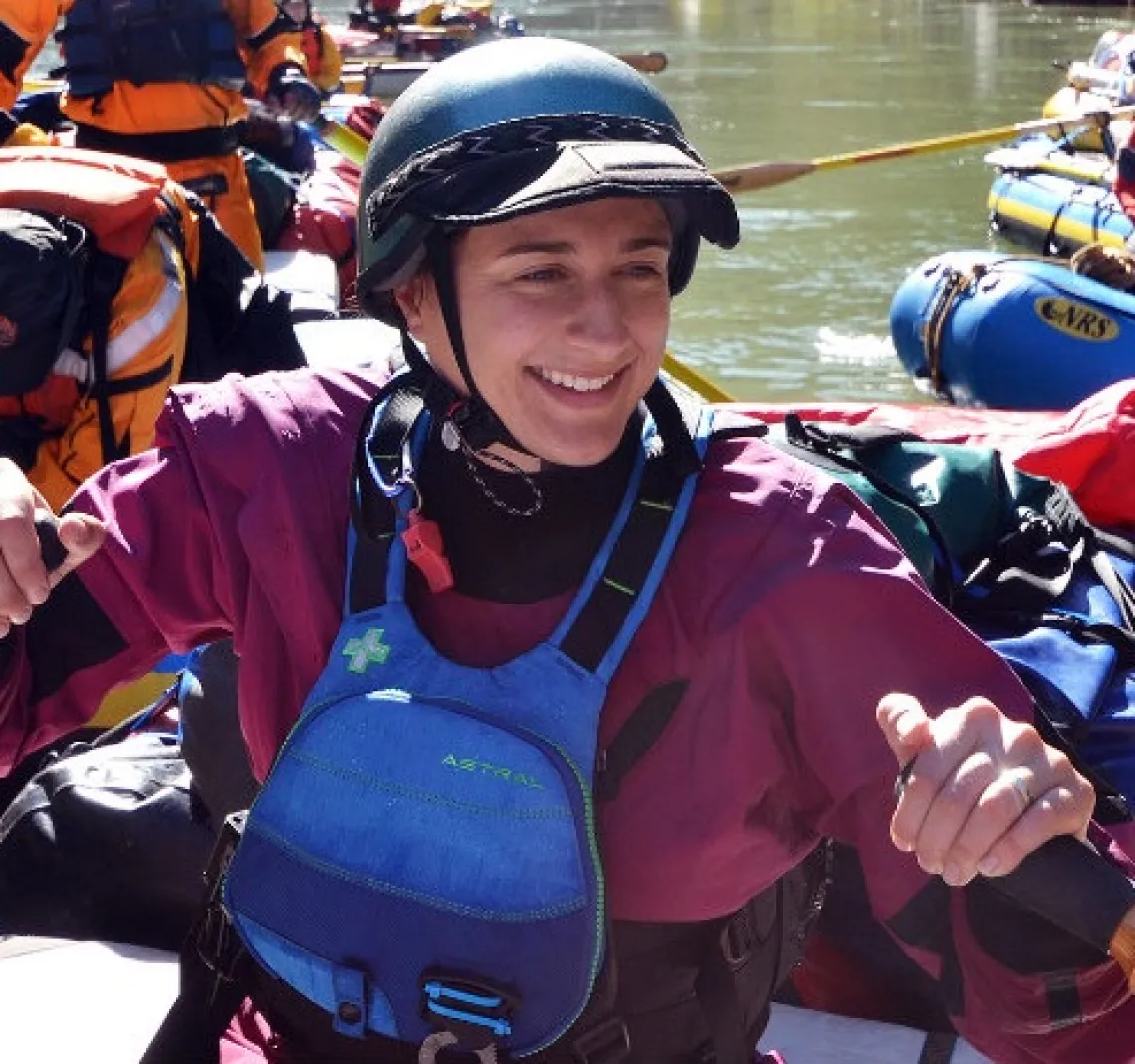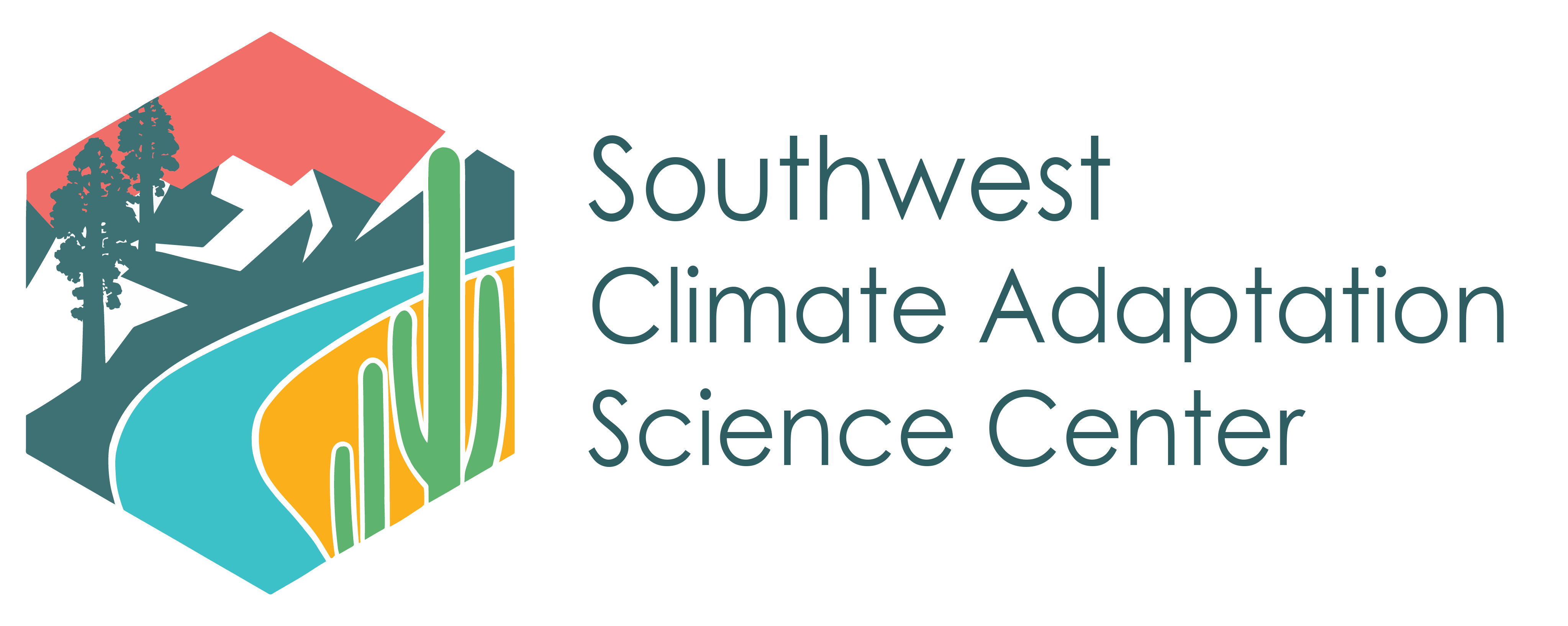A Gateway Experience into an Inclusive Community

For better or worse, people who create lasting institutions are as influential as their legacies. Try to imagine water management in the western US without thinking of John Wesley Powell or Floyd Dominy, Los Angeles without William Mulholland, or conservation without John Muir or David Brower. These men achieved incredible feats of policy and engineering, and institutionalized their legacies with the USGS, Metropolitan Water District, and the Sierra Club.
It’s unlikely that their accomplishments would have endured without the force of their personal myths – as these men dominated history, they became role models for multiple generations of engineers, scientists, and conservationists. The generations who were inspired and devoted to these leaders’ visions are the stewards who maintain those legacies. Such devotion is powerful.
But it’s hard to be devoted to a person or vision that doesn’t speak to some fundamental part of your identity. That’s why, when I think of formative individuals who are celebrated in the history of Western US water, I think more of the costs, rather than the accomplishments, of a class of leaders who are all white and all men.
When people don’t recognize a shared identity in a community, that missing gateway becomes a barrier. And when the reasons for historic exclusion are not benign, but sometimes by design, we place too much burden on the very people we hope to engage to walk through those invisible barriers into unfamiliar spaces.
I’ve been a student in and out of the higher education system for over 20 years. The diverse community I’ve met in the Southwest CASC Natural Resources Workforce Development Fellowship has put a number of barriers I’ve witnessed over those years into sharp relief. Though I’ve frequently experienced being the only woman in a room of scientists and engineers, in our Southwest CASC cohort, I’m one of several female fellows. Of all the professors and project leads I’ve either taken classes from or worked with in three different institutions over two decades, only two were women. Our CASC cohort is simultaneously mentored by not just one, but two women: Dr. Nancy Huntly, Professor of Biology at Utah State University, Director of Ecology Center, and Director of Interdisciplinary Climate Adaptation Science; and Dr. Michelle Baker, Professor of Biology and Associate Dean for Research and Faculty at Utah State University. Five months into our collaboration, I’m still learning about the nuanced perspectives and diverse experiences represented not just in the community we’ve chosen to study, but in the community of fellows too. Many of these perspectives are ones that have never been included in my previous training or education.
The Southwest CASC’s Fellowship program is exactly the kind of gateway experience we need to recruit and encourage scientists interested in collaboration and engagement with diverse communities of expertise and experience. During the team science training our cohort received, we heard Jack Schmidt, the former chief of the Grand Canyon Monitoring and Research Center, talk about how we can use science to serve communities. One thought he offered has stayed with me: the principles of science don’t change. But the questions we ask and who we empower are as important to the integrity of our research as the scientific process.
Just as water problems are diverse and multi-faceted, so must our solutions be. Working with the CASC cohort, I spend more time sitting back and listening to voices that are new to me, rather than fighting both to make myself seen and against the fear that maybe I don’t belong. In particular, I’ve learned more over the past five months about tribal knowledge, engagement, and needs than in any previous experience. When the quiet space of inclusivity replaces what had been a battle to get in the door, there is plenty of space for all voices to be heard.

